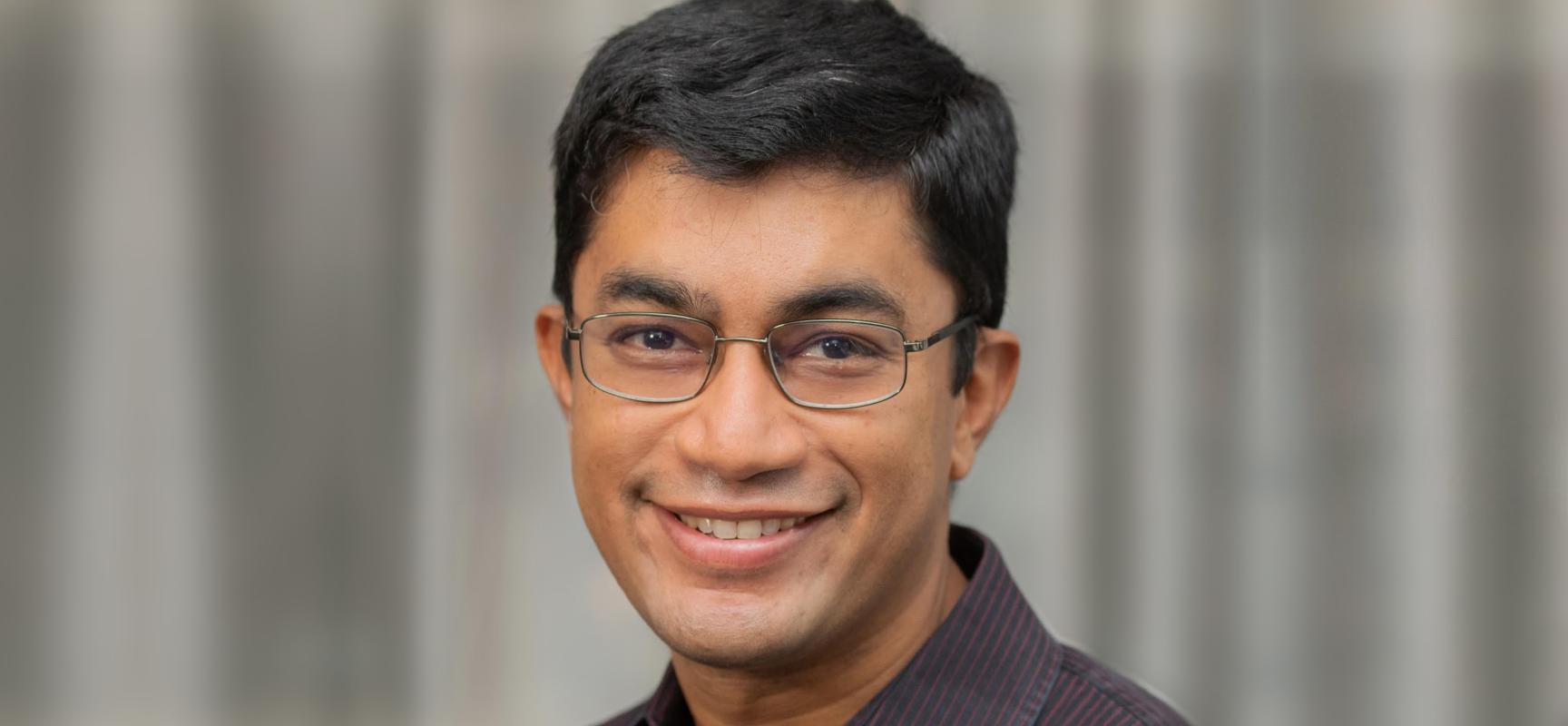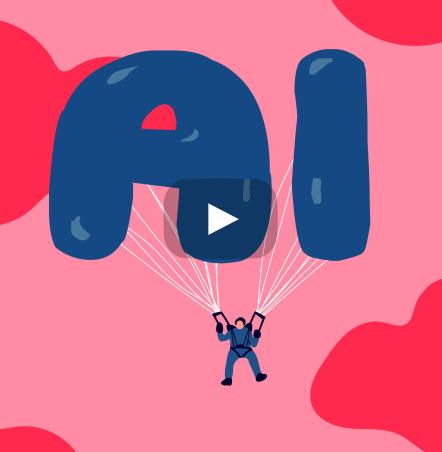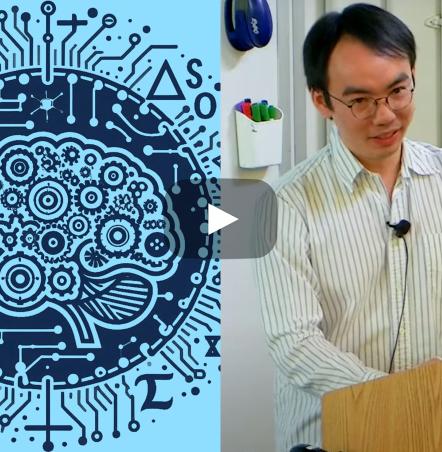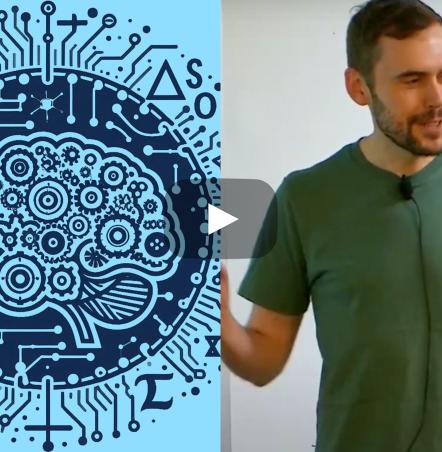Letter from the Director, May 2025

Dear friends,
Greetings from Berkeley, where we’ve recently welcomed a merry band of cryptographers for what promises to be an outstanding summer program on cryptography. Building on the success of the Simons Institute’s 2015 summer crypto program, legendary for its influence on the field and participants’ careers, Cryptography 10 Years Later: Obfuscation, Proof Systems, and Secure Computation promises to be even bigger and better. Cryptography research has witnessed an amazing amount of progress in the last decade, on the complexity-theoretic foundations of its central primitives, obfuscation schemes based on well-grounded assumptions and their applications, secure computation, novel proof systems for blockchains and related applications, challenges in secure, robust, and trustworthy ML, and quantum cryptography, to name a few. This summer’s program is the perfect occasion and forum to reflect on all this progress, address further challenges, and set the agenda for another thriving decade of research in cryptography.
Starting this week, in superposition (with the crypto program), is the third Summer Cluster on Quantum Computing. Two familiar paradigms in quantum computation are fully fault-tolerant quantum computing — in which quantum error correction enables reliable computations with arbitrarily many logical qubits — and noisy intermediate-scale quantum (NISQ) computing, in which error correction is eschewed but the noisy output of a quantum circuit is made useful by a suite of statistical techniques known as “error mitigation.” A special focus of the cluster is the newly discovered regime of “early fault-tolerant quantum computing,” which arises from the reality that we can currently only do error correction with poor parameters due to the limited number of available physical qubits. This suggests a sweet spot, in which imperfect error correction on moderately many qubits is combined with error mitigation to potentially yield new algorithmic advantages.
During the brief interlude between the end of the Large Language Models and Transformers program and the beginning of the Cryptography program, we upgraded the audiovisual system in our main auditorium. Under the new setup, presenters can now independently initiate Zoom webinars, without staff assistance. New audience-facing cameras enrich the experience for remote presenters and our worldwide audience. And the new equipment offers improved audio quality in our livestreams and video recordings.
A few weeks ago, we hosted a workshop on Theoretical Aspects of Trustworthy AI. We’re delighted to share with you one of the highlights, a provocative talk by Somesh Jha arguing for adopting perspectives from security and cryptography to evaluate the trustworthiness of machine learning systems.
Also in our SimonsTV corner this month, we have two exciting talks from last month’s joint workshop with SLMath on AI for Mathematics and Theoretical Computer Science: Giles Gardam on Solving Semidecidable Problems in Group Theory and Kaiyu Yang’s talk on Formal Reasoning Meets LLMs: Toward AI for Mathematics and Verification.
At our Scientific Advisory Board meeting this August, we’ll be reviewing proposals and preproposals for research programs and clusters in Spring 2027 and beyond. We hope some of you will consider proposing something! Submissions are due June 30, and you’re welcome to contact us with your ideas along the way.
Wishing you a pleasant summer,
Venkat
Venkatesan Guruswami
Interim Director, Simons Institute for the Theory of Computing





